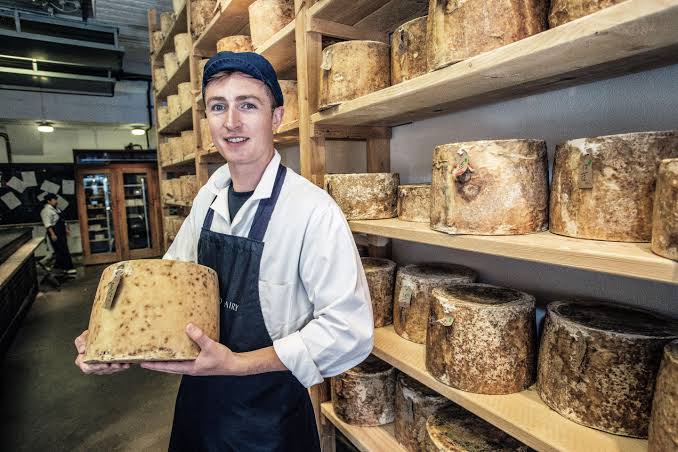
A controversy over France’s beloved Comté cheese has ignited a political firestorm, exposing deep divisions over environmental policy and agricultural practices. The dispute began with a May 10 article in the French weekly Le Figaro Magazine, which suggested that the Green party – labeled “Green Khmers” – intended to ban the cheese.
The article triggered immediate outrage from across the French right. Prominent figures, including Laurent Wauquiez of Les Républicains and Agriculture Minister Annie Genevard, rallied to defend Comté under the hashtag #TouchePasAuComté (#HandsOffComté). Even the prefect of the Jura region, where Comté is produced, joined the chorus of support.
The Le Figaro Magazine article cited comments made by naturalist Pierre Rigaux on France Inter radio on April 24. Rigaux questioned the sustainability of Comté production, citing environmental problems caused by high livestock concentrations near the region’s rivers and concerns about animal welfare. Rigaux’s comments were personal opinions, and he never called for a ban.
The magazine article gained traction on social media, prompting a response from Green party leader Marine Tondelier on May 12. “The Greens have never asked to stop eating [Comté], let alone to ban it,” Tondelier stated. “The Greens support the Comté industry. It is because we love this cheese, a jewel of our heritage and a pillar of the regional economy, that we want it to remain synonymous with quality – for our taste buds as well as for our rivers.”
Comté is a significant part of the French diet, ranking as the sixth most consumed cheese in France. Production has doubled in recent decades, reaching nearly 70,000 metric tons annually.
Read more: Hakeem Baba-Ahmed: Examining the Role of Public Commentary in Shaping Nigerian Politics
However, this increase has coincided with environmental degradation in the Franche-Comté region, where several rivers, including the Loue, have suffered from eutrophication due to excessive nitrogen and phosphorus levels [i]. The group SOS Loue et rivières comtoises has warned about this pollution, linking it to livestock effluent management, fertilizer use, and cheesemaking practices.
While the Comté industry bears some responsibility, SOS Loue emphasizes that the ecological crisis is multifaceted, also involving outdated treatment plants, industrial discharge and drought. The Comté industry highlights strengthened regulations and judicial orders for cheese factories to comply with environmental standards.
The controversy coincides with debates in the Assemblée Nationale’s economic affairs committee regarding a bill aimed at easing regulations for farmers. Agathe Gignoux of Compassion in World Farming notes that while grazing is declining in most sectors, Comté production still maintains a grazing obligation. She argues that loosening standards could create competition and undermine sustainable practices.
The debate also raises questions about consumption levels. Agathe Gignoux suggests that reducing overall cheese consumption could lead to better quality and reduced environmental impact
